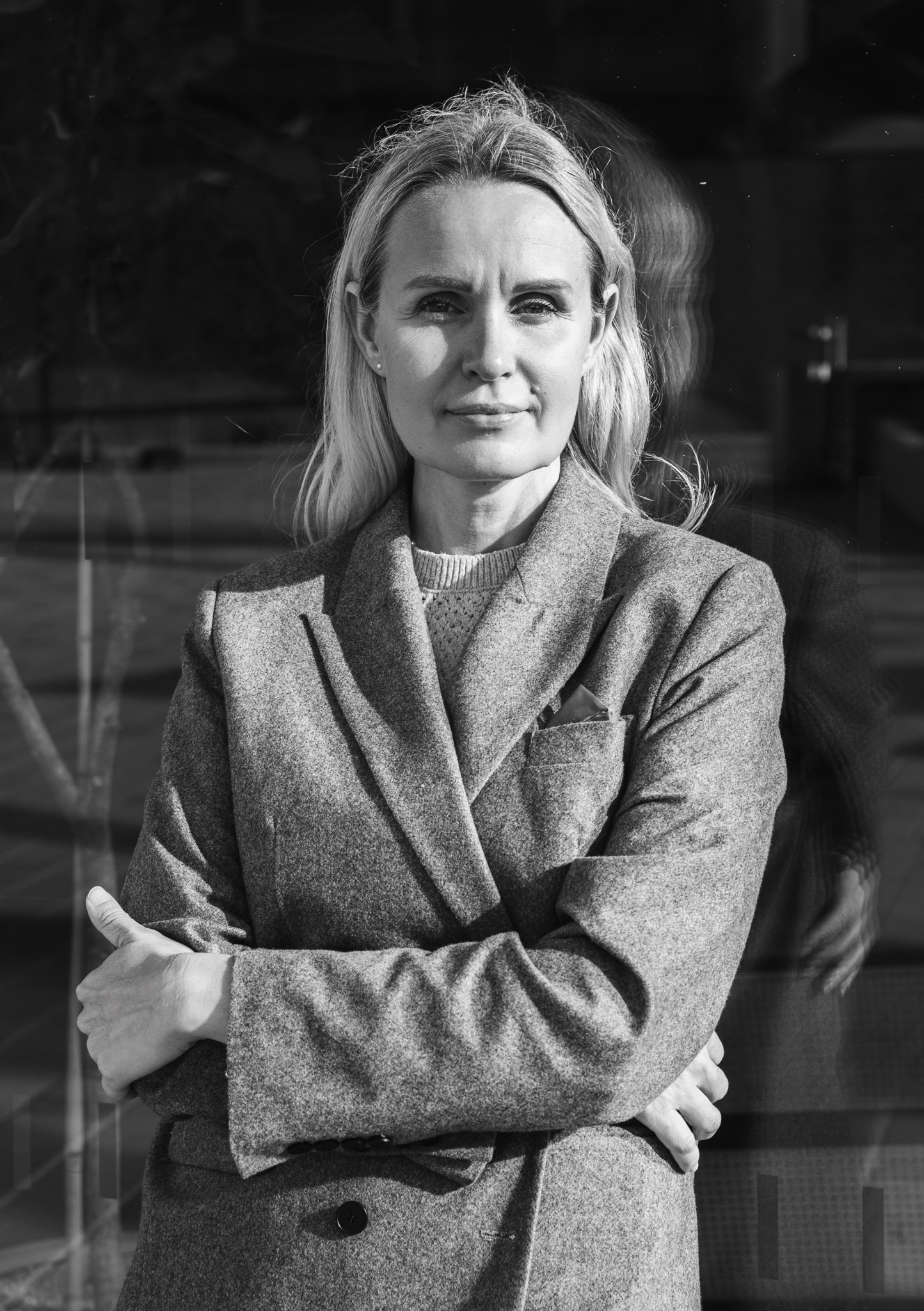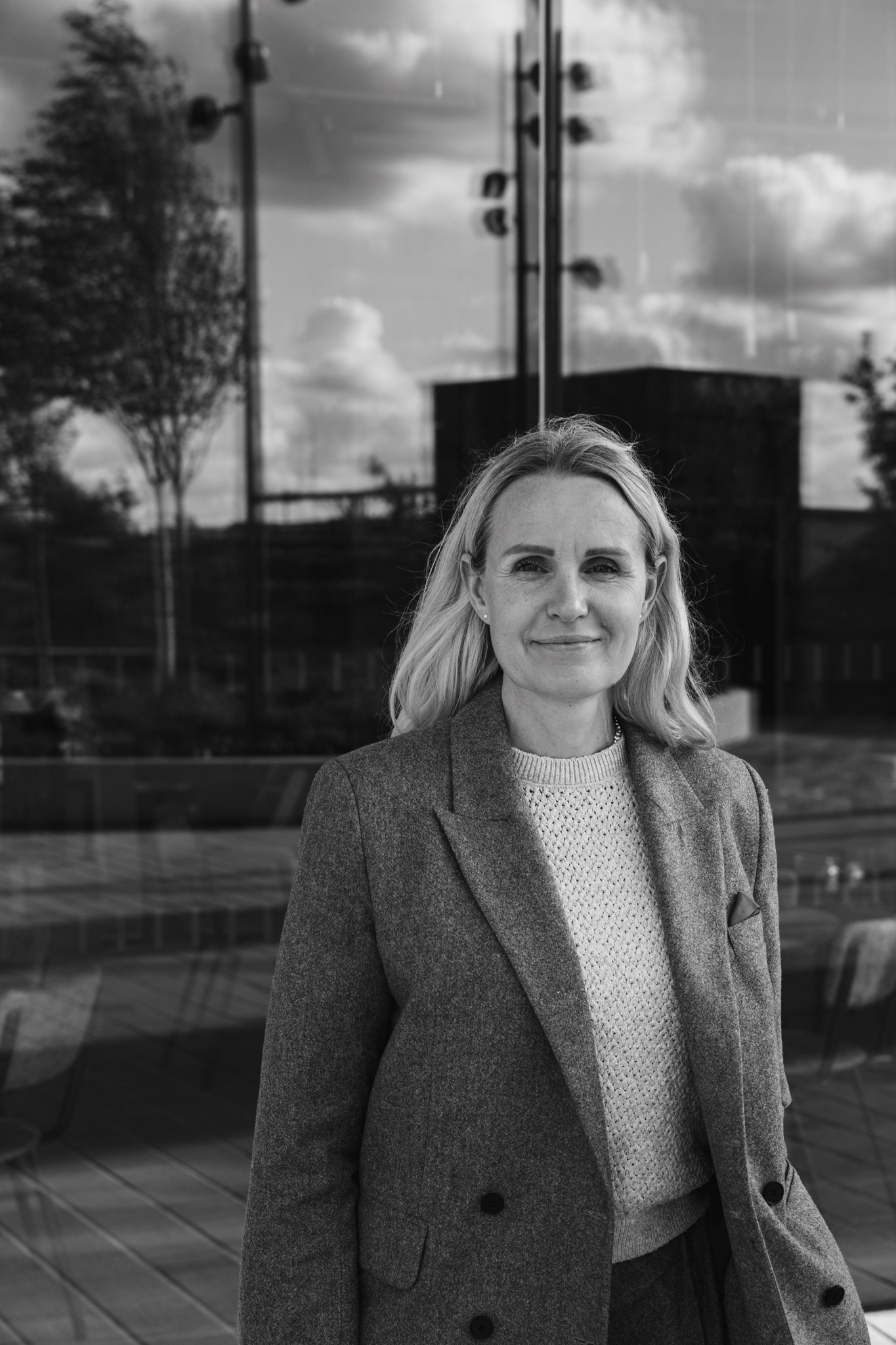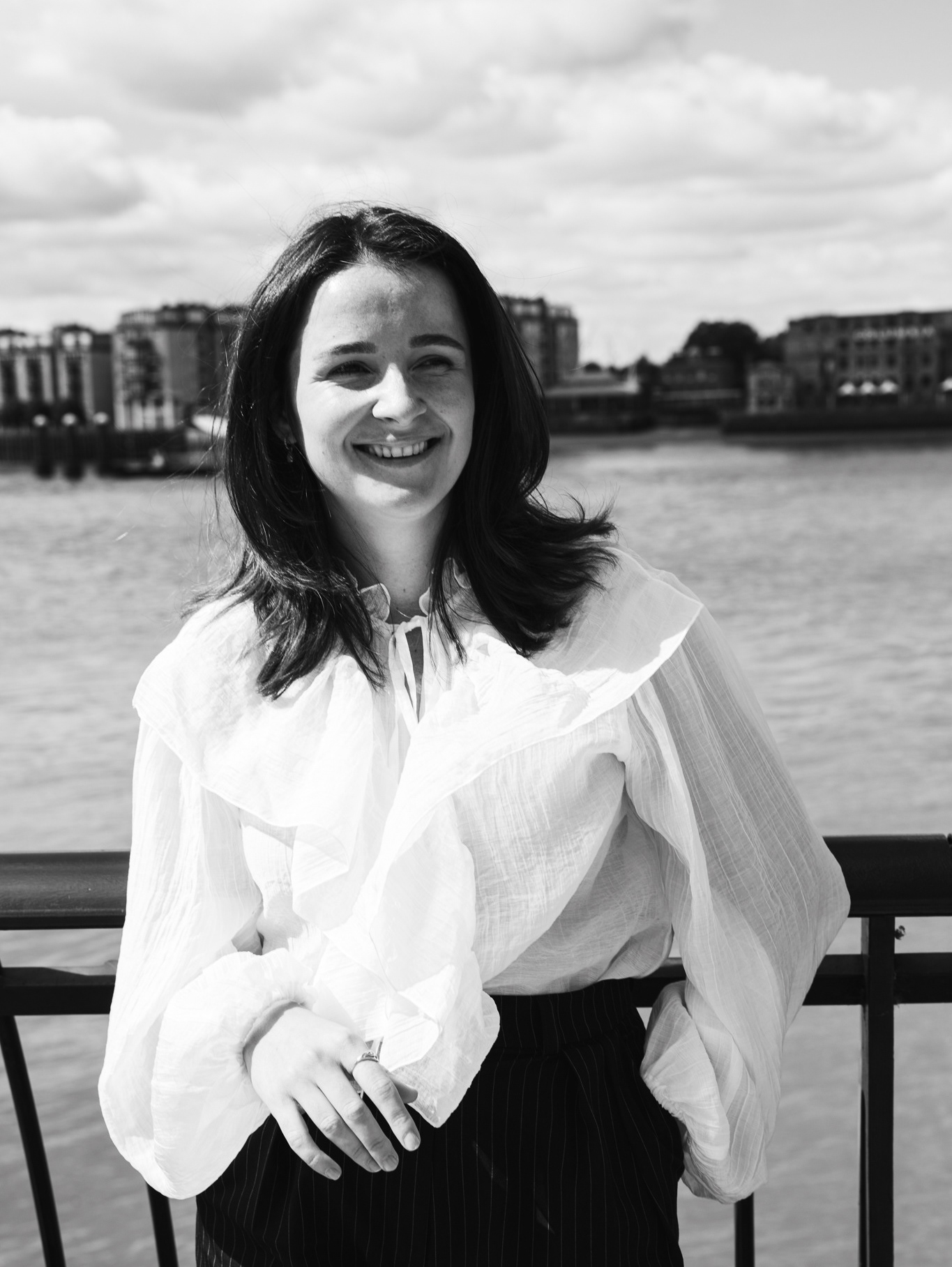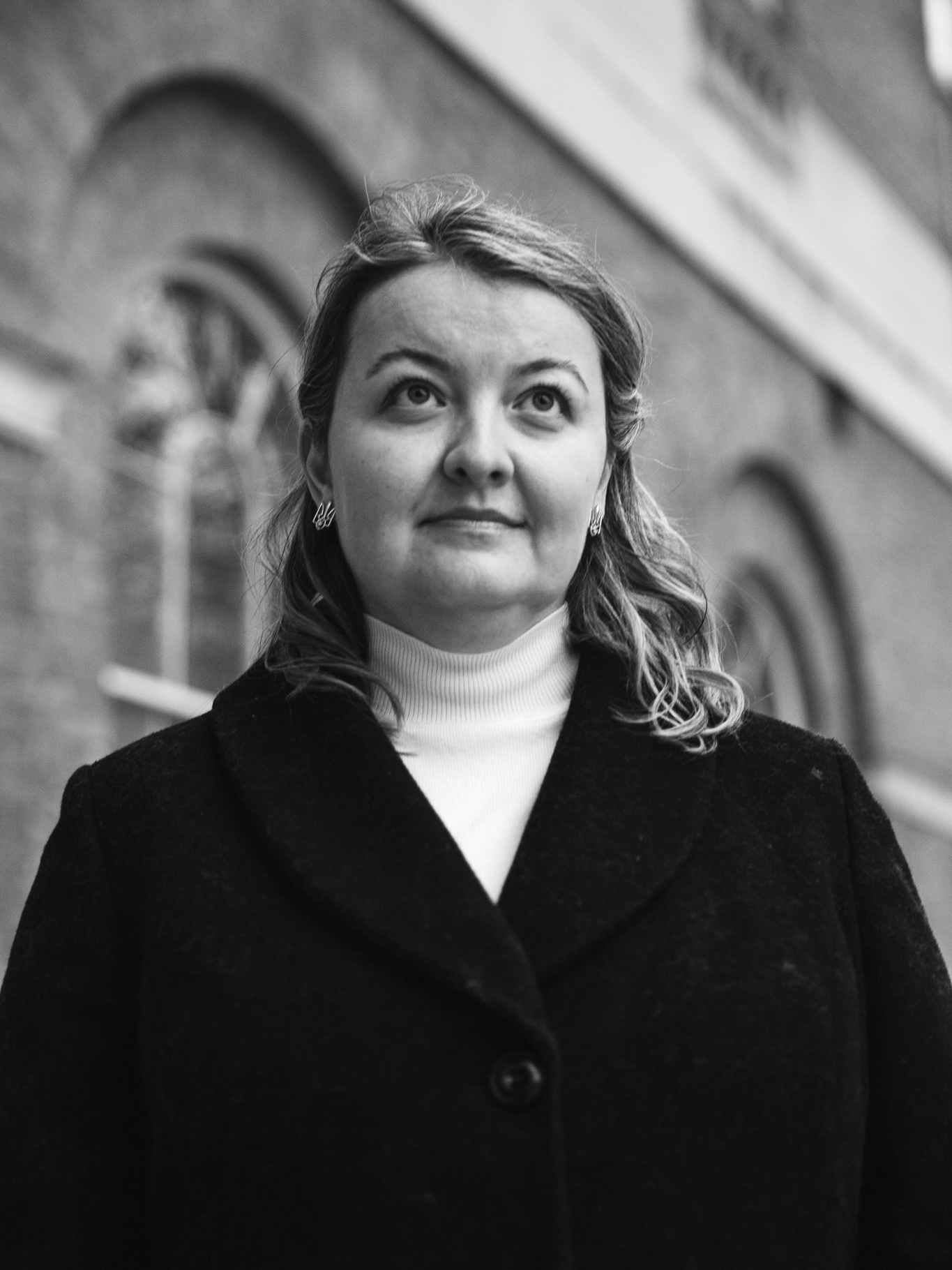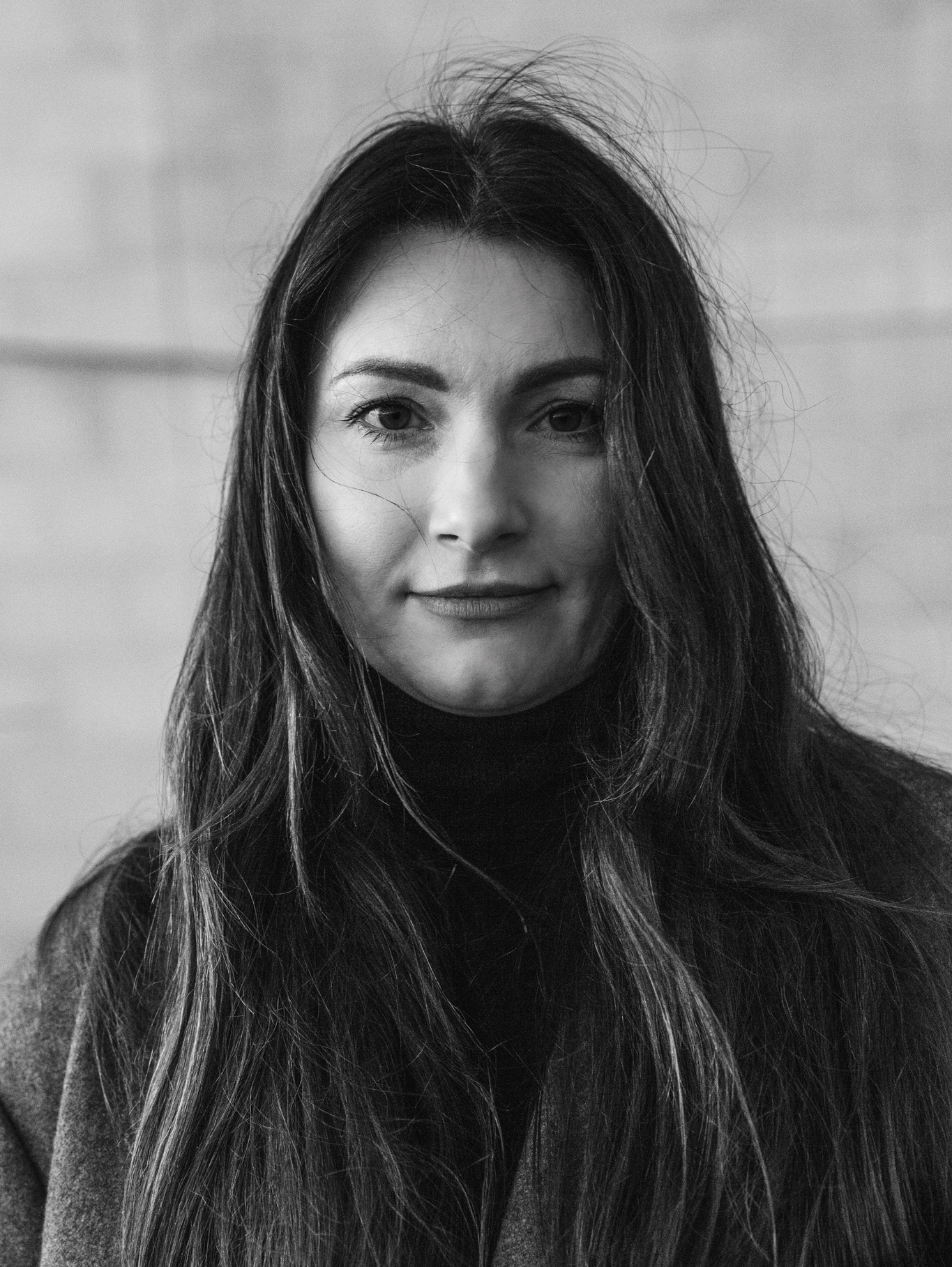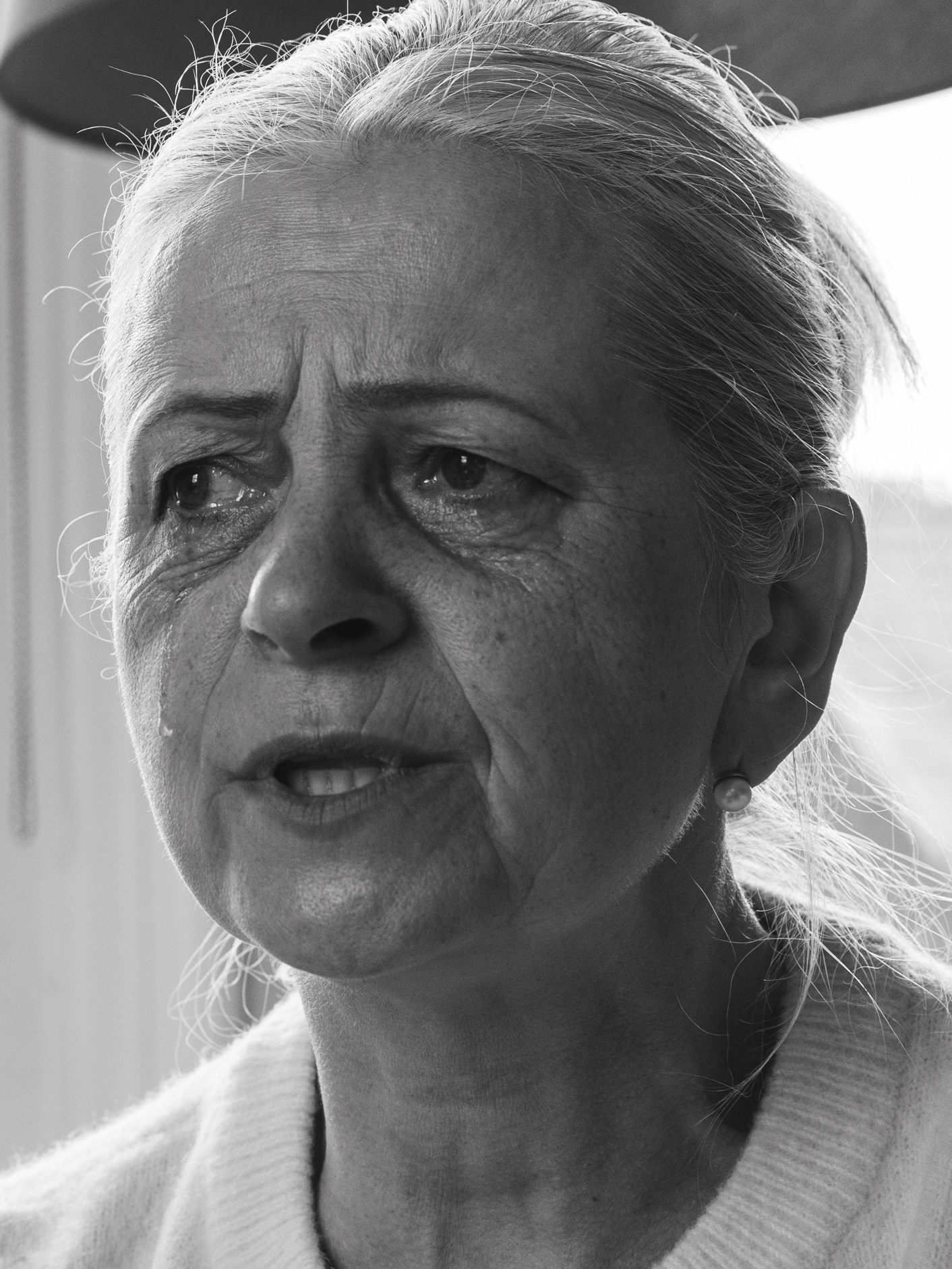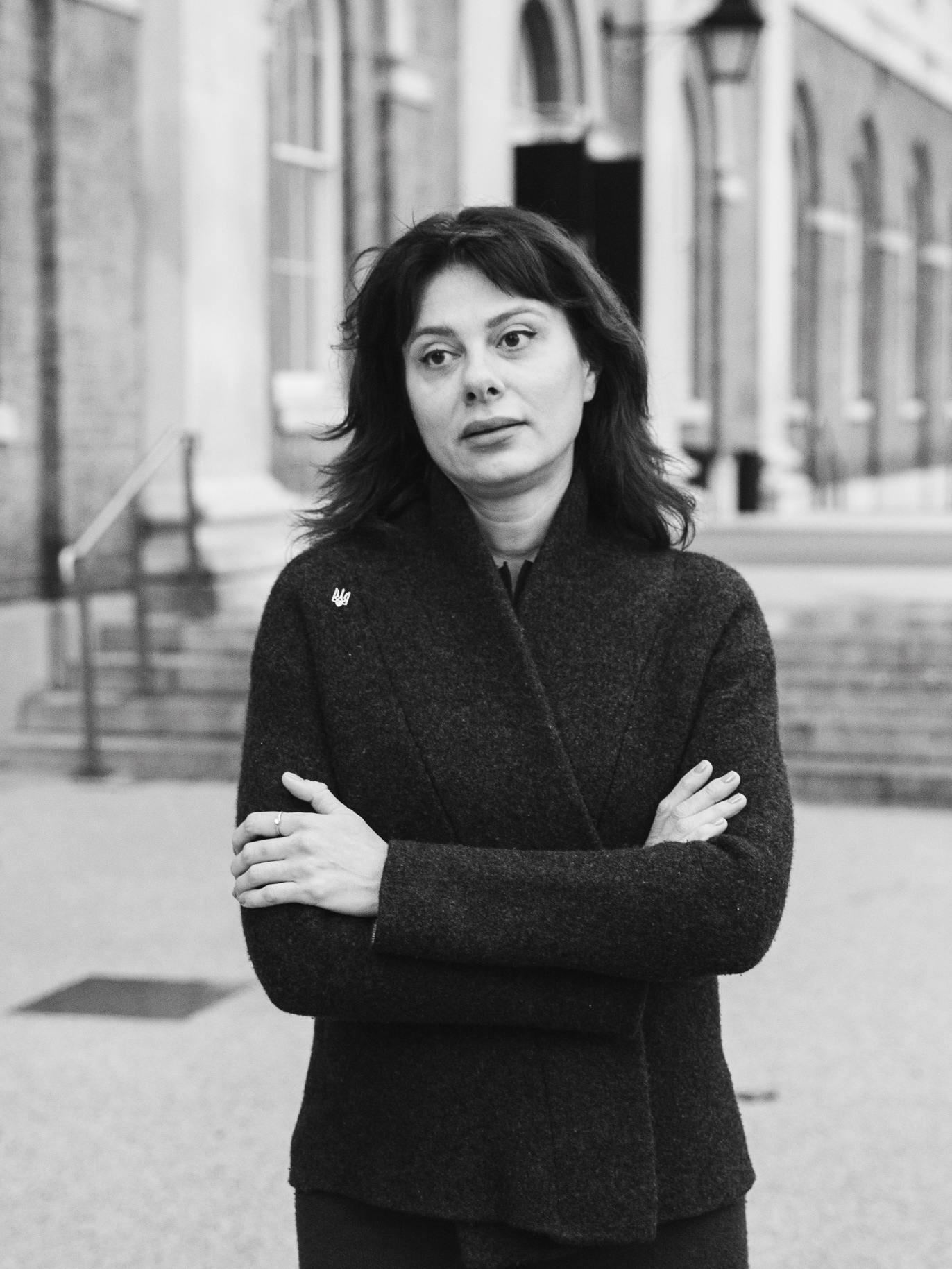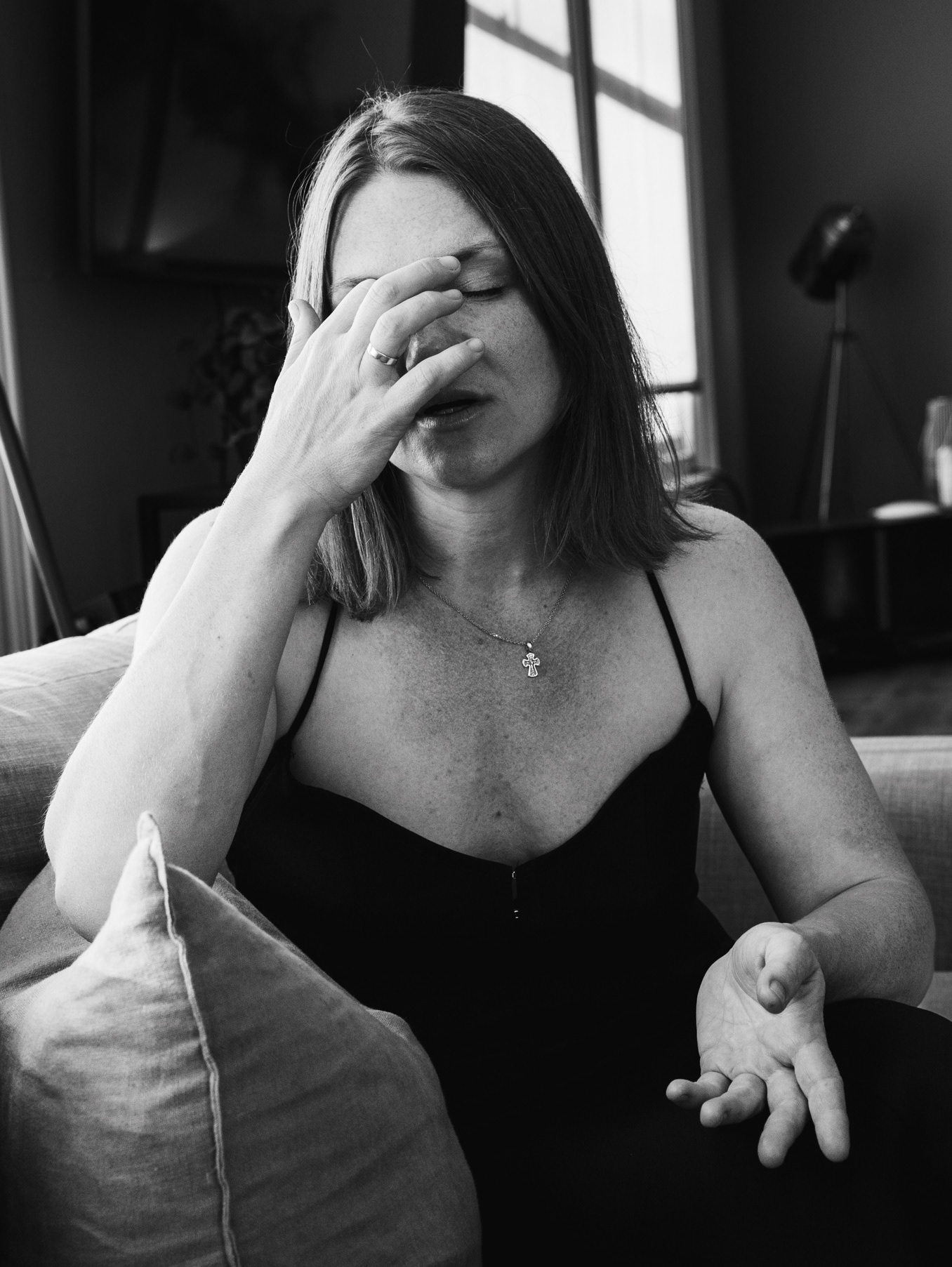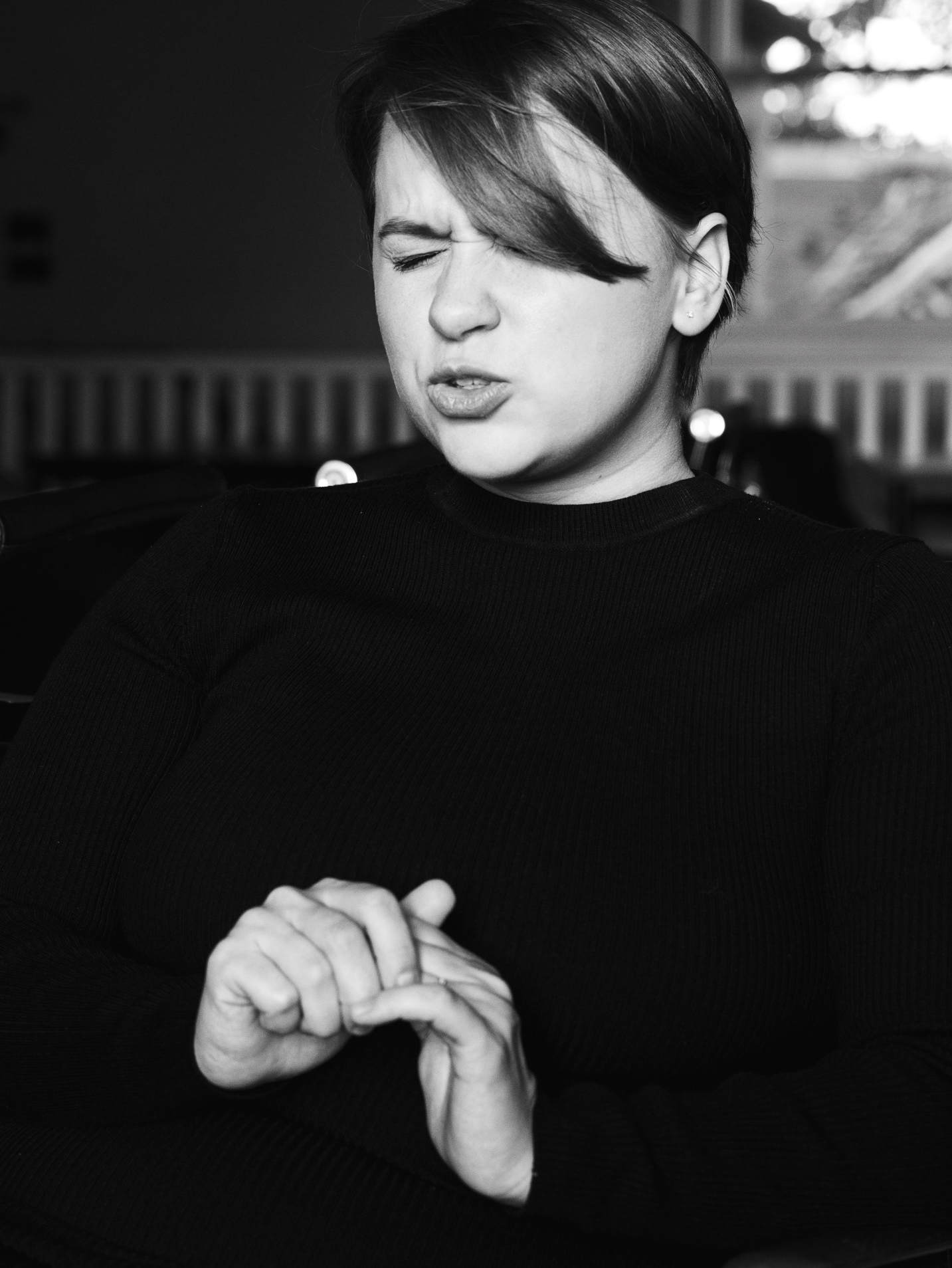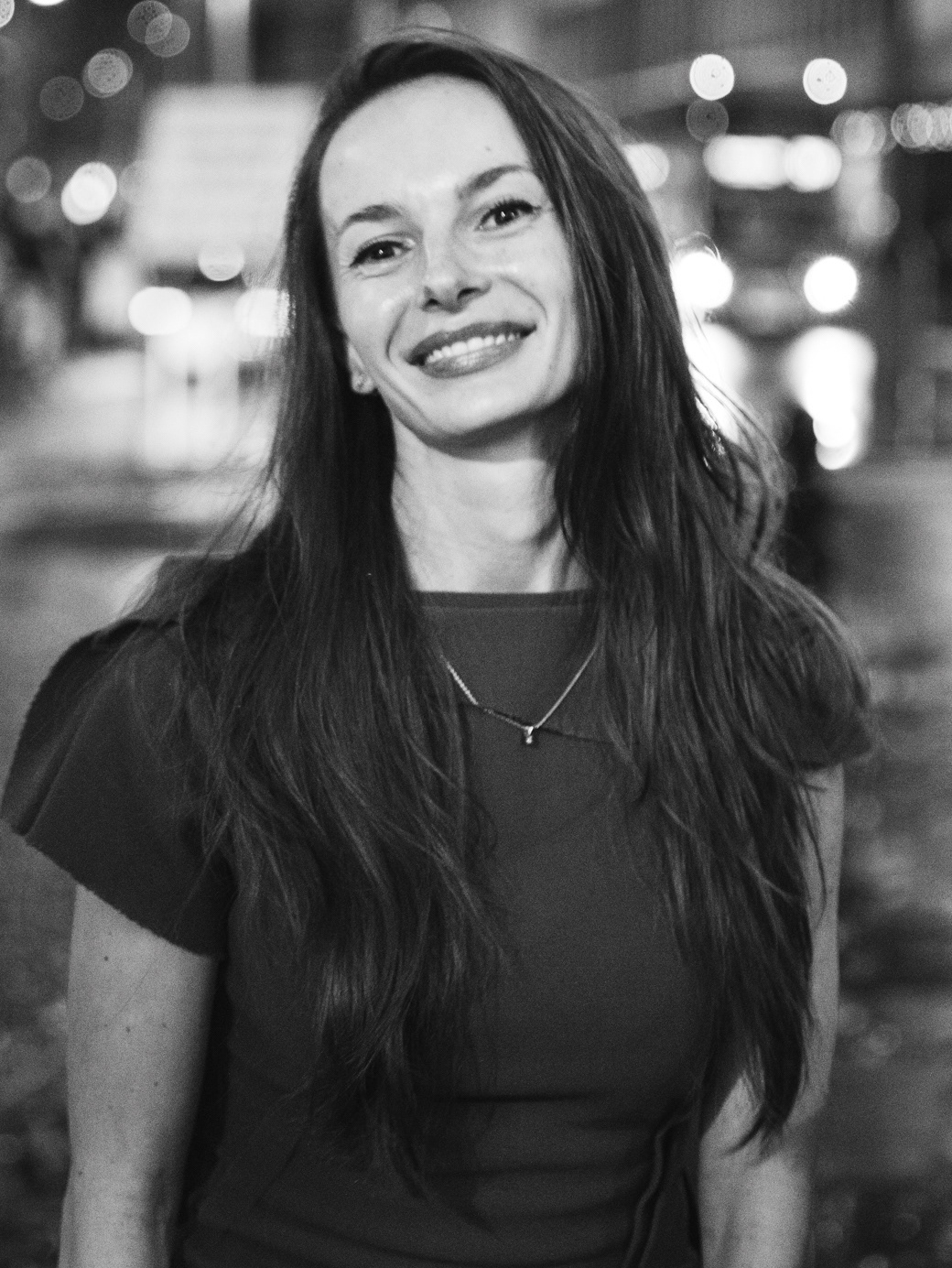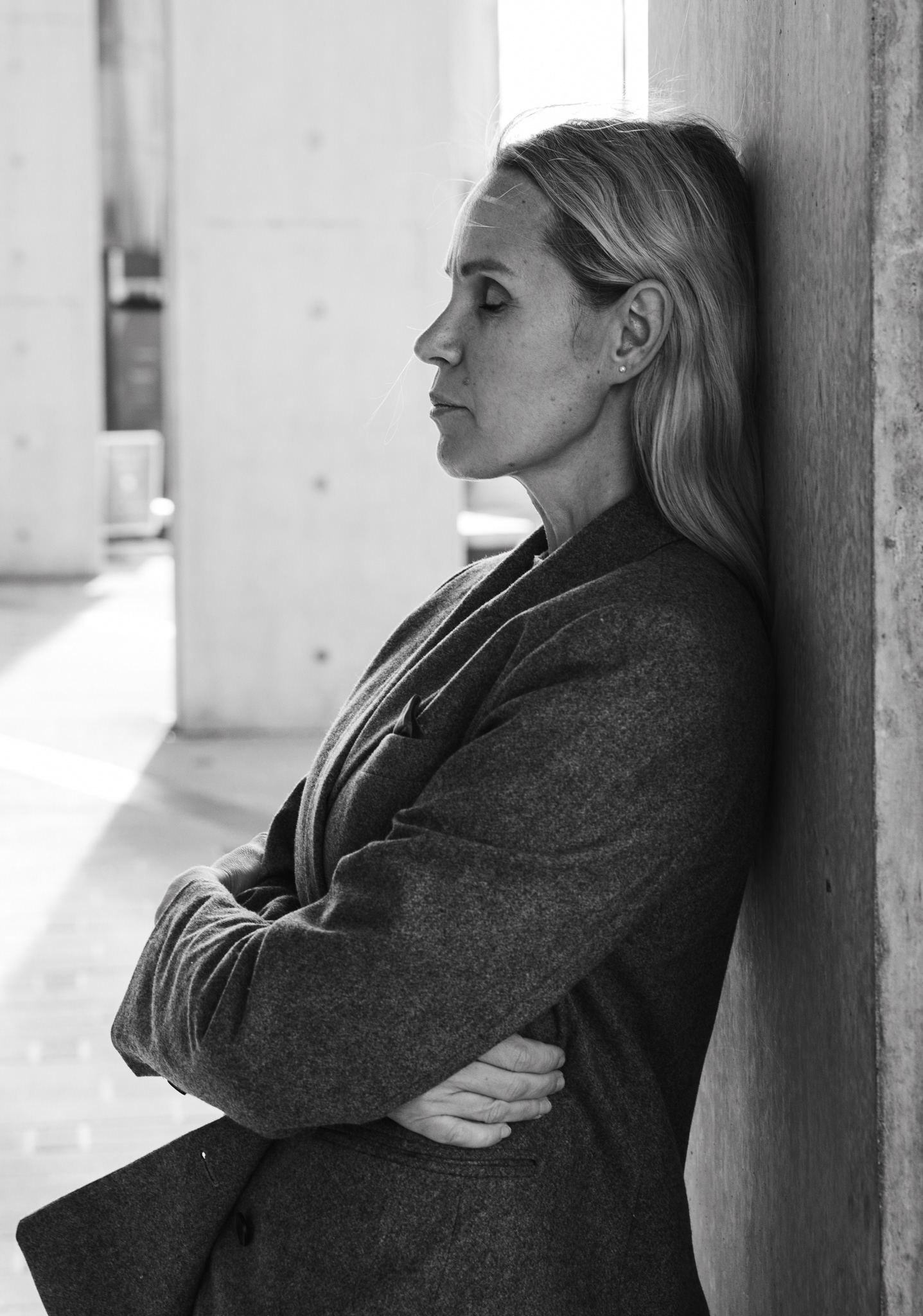
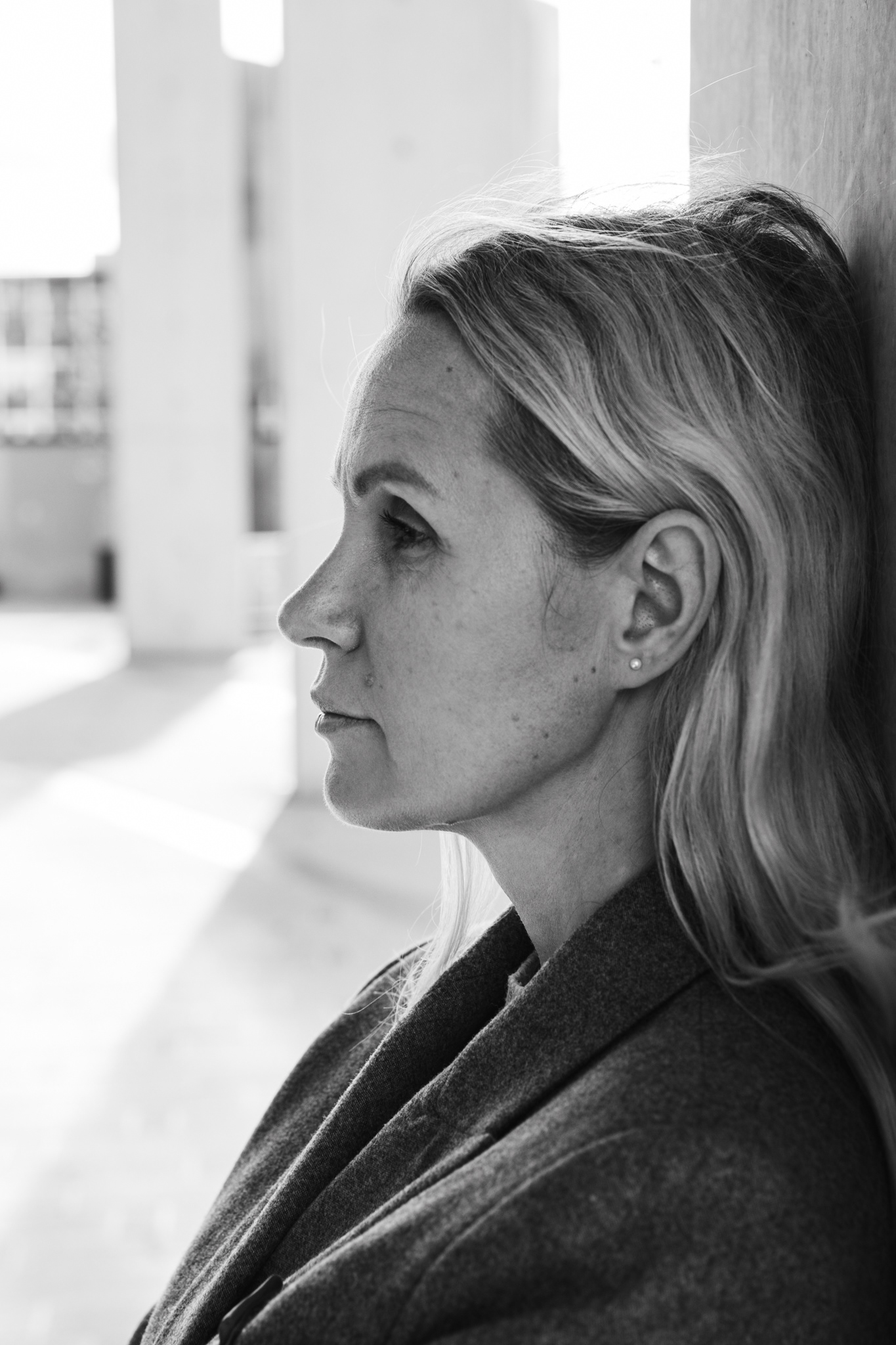
Olga Manmar's life before February 24, 2022, was as clearly planned and predictable as her long-standing profession. She was a woman from Kyiv who, for nearly twenty years, had served as a bridge between Ukraine and the United Kingdom, helping Ukrainian children receive an education abroad. "My name is Olha Manmar," she introduces herself, adding that at home she was called "Olya or Olga," and here, in the UK, "Olga." This "second self" became her professional shell, a language of communication that helped her resolve issues and make agreements. It seemed to her that she knew this country inside and out, that her profession gave her control over the future. But in reality, she was only preparing for her own unknown journey, a journey where all her knowledge and experience would become the invisible foundation for her own family.
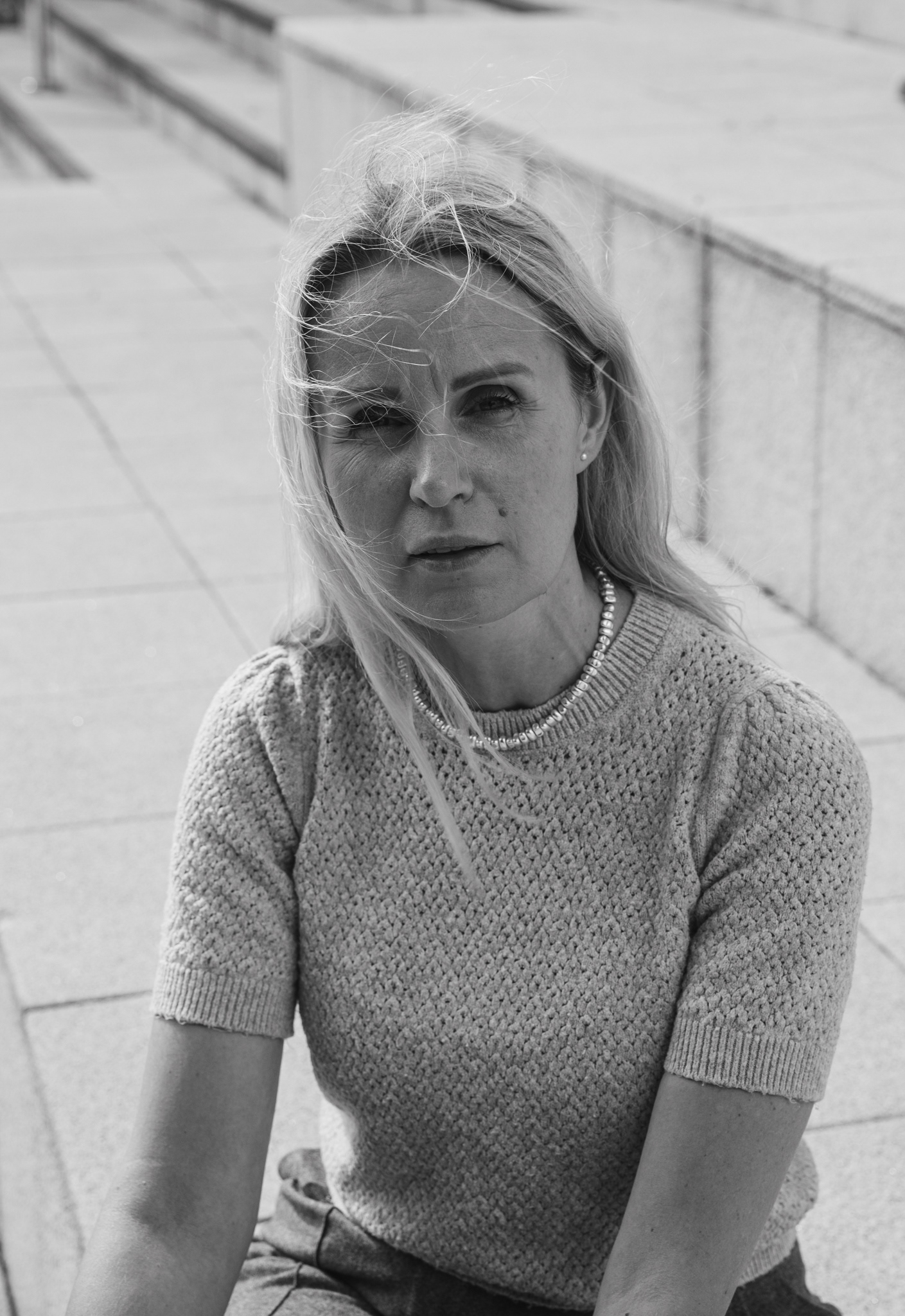
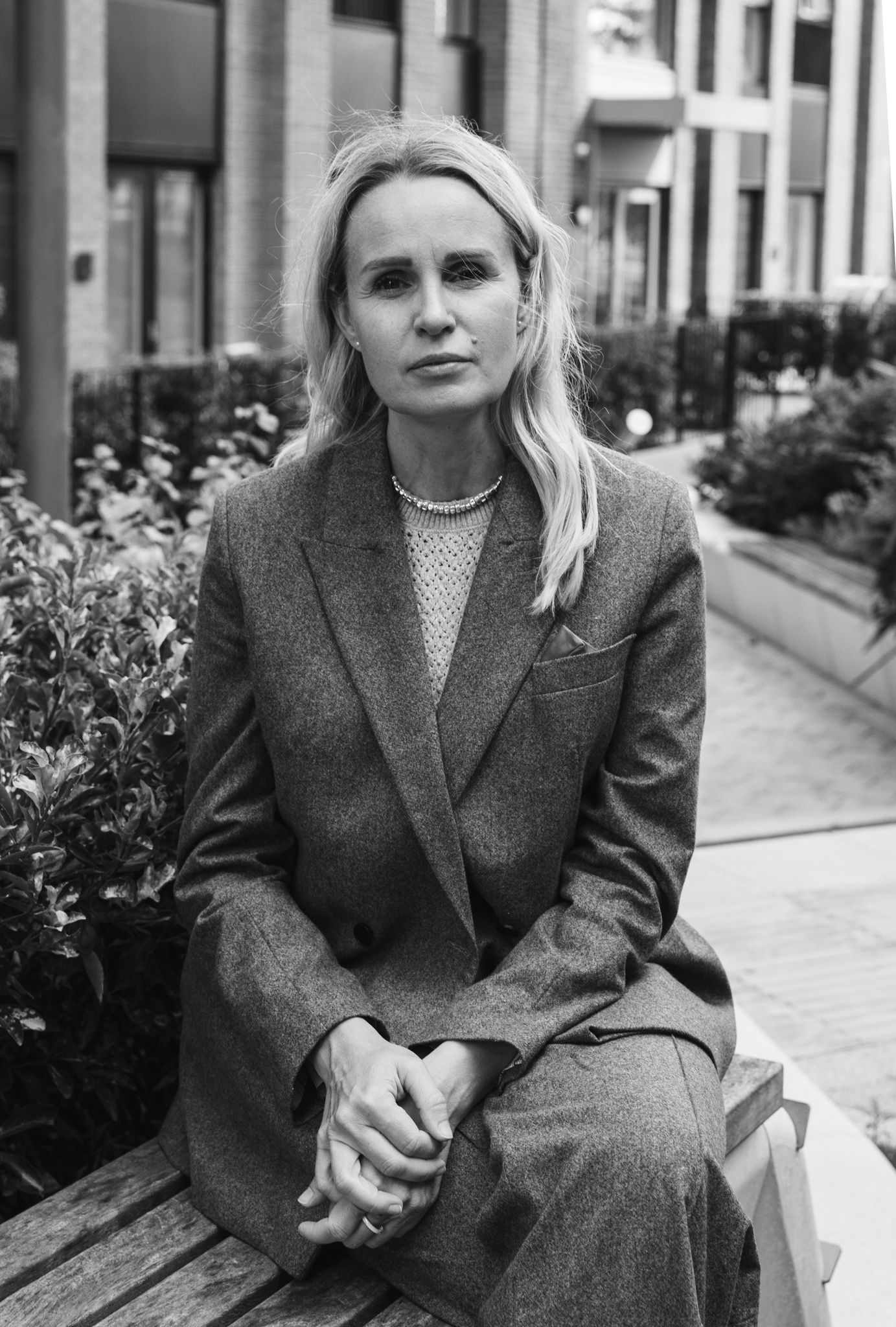
The morning of February 24th found Olga at home in Kyiv, in a city that was supposed to be her unbreachable fortress. The call from her father, a military pilot, came around six in the morning. This day was unlike any other. In the voice of her father, a man who had seen more than one war, there was no panic, only a stern, iron resolve. "He said that my children and I had to leave Kyiv. And there was no plan as to where. He just told me that I had to leave on the 24th or 25th." This categorical command was the only support she could lean on. Her father became her anchor in the chaos.
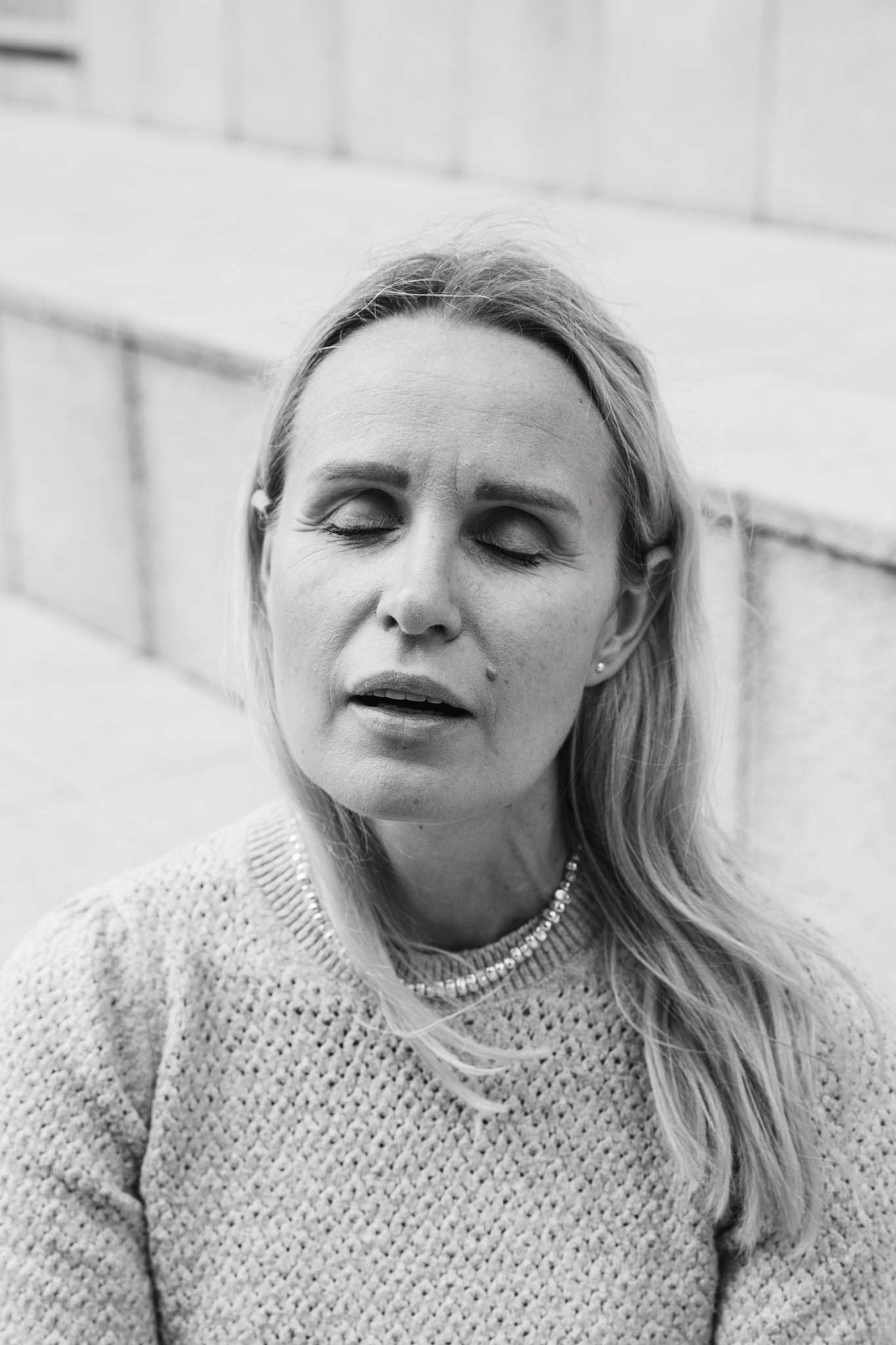
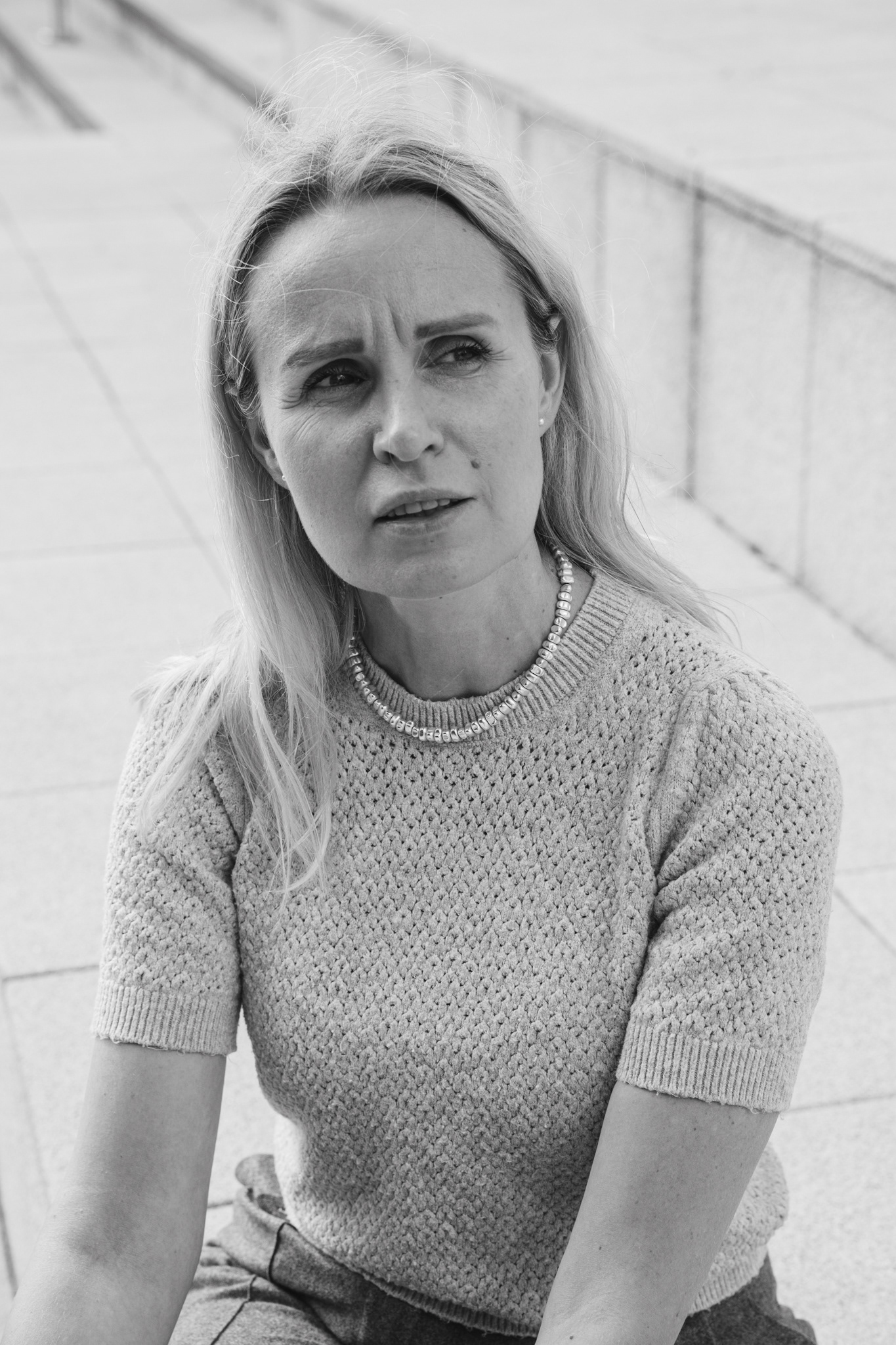
Silence as a Language, Silence as a Shield
In the first days of the war, Olga spoke very little. Words were superfluous, unnecessary. They would only have disturbed the fragile equilibrium that held her family together. She was scared, but she didn't want to show her anxiety to her children. In their home, where music, laughter, and lively conversation usually filled the air, a complete silence reigned. "It was very strange," Olga recalls, "we always had music playing, and now there was silence, and only text messages on the phone replaced live communication." This silence was a protective reaction, an attempt to shield the children's psyches from the chaos outside. Olga was not accepting reality. She tried to convince herself and her father, who was the only one who grasped the full seriousness of the situation: "I said, 'Dad, everything will be fine; we're in the underground car park, there are a lot of us here, everything is fine,'" she tried to reassure him.
Leaving Ukraine, she subconsciously clung to her normal life, to its fragments. Instead of essential items, the trunk of her car contained "the kimono for my son's Taekwondo classes, which I still keep, and a gift for our friends because we were going to a birthday party." These items were "just a part of everyday life," and this detail underscores her hope for a swift return to normalcy. She didn't plan to leave forever, didn't plan to stay. It was just a vacation, a long and strange one, but a temporary one. She wanted to preserve the fragments of the past to be able to piece them back together again. She believed that these things, like her life, were just waiting to return to normal.
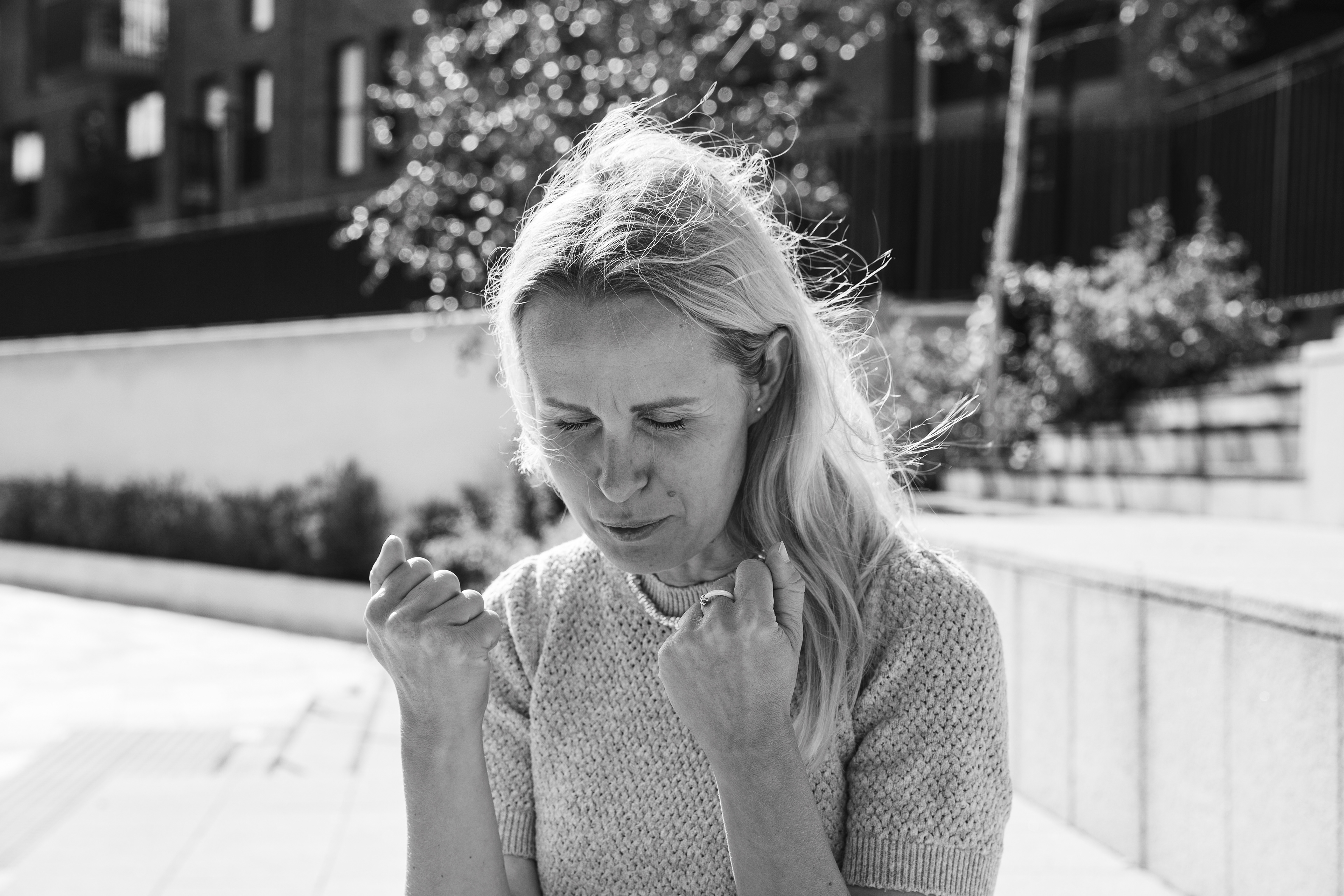
A Journey and Encounters That Changed Everything
The journey through Romania was difficult. Olga, her friend, and five children traveled in two cars. Fueled by adrenaline and a protective instinct, they "did not allow themselves hysterics." A joking resilience was the only thing they could oppose to reality. The road seemed endless, but every kilometer brought them closer to the unknown, which was supposed to be safety.
Fate then led them to Serbia, where they were met with amazing hospitality from people who "just unconditionally offered us a place to stay the night, to have lunch." These were Russian political emigrants who were hosting Ukrainians in their hotel for free. Olga recalls how "sometimes I don't tell the full story of who we stayed with in Serbia because not everyone tolerates the fact that they were Russians." This situation was the first of many testaments to human kindness she encountered on her way. She discovered that humanity has no nationality or language, that kindness can come from the most unexpected sources.

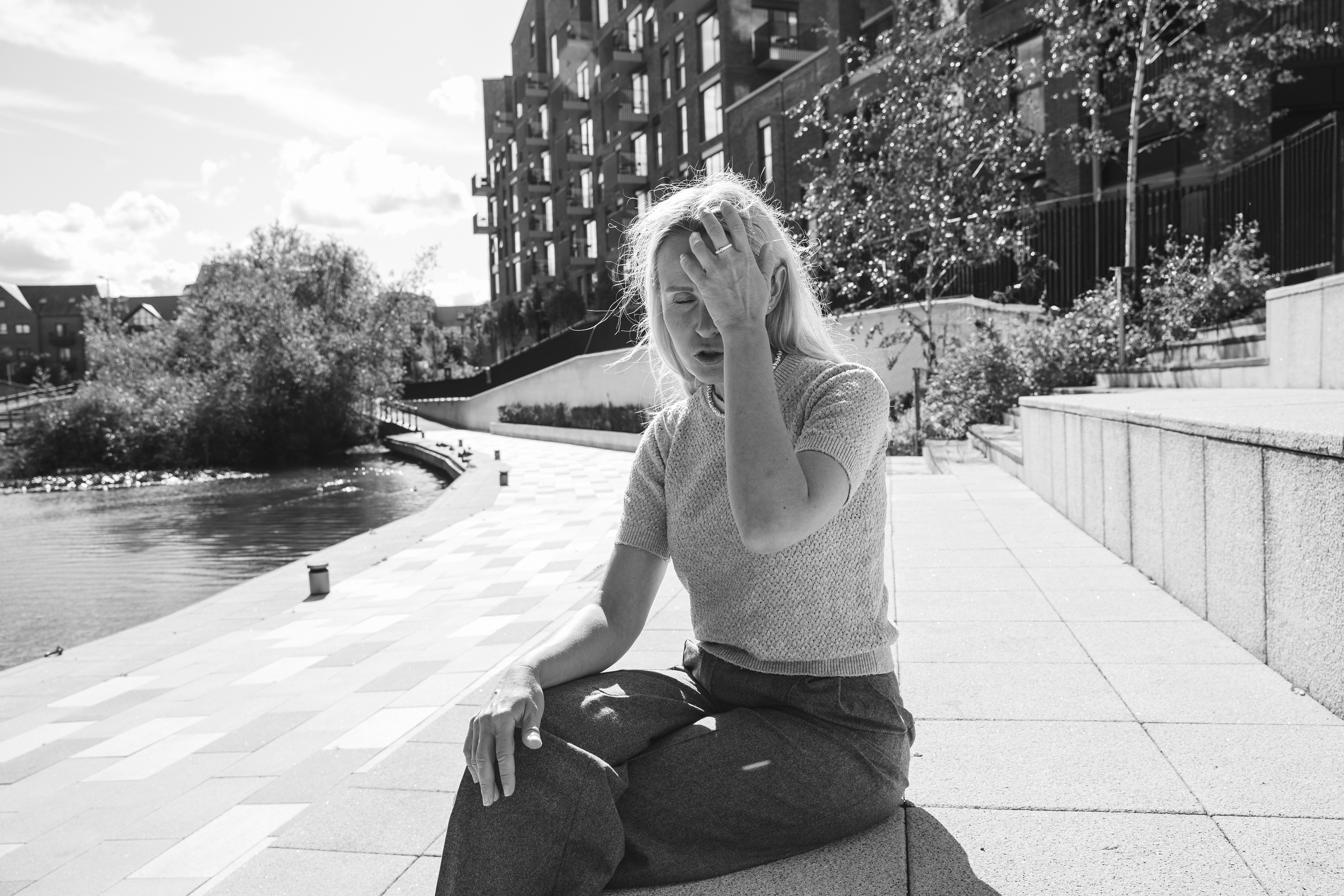
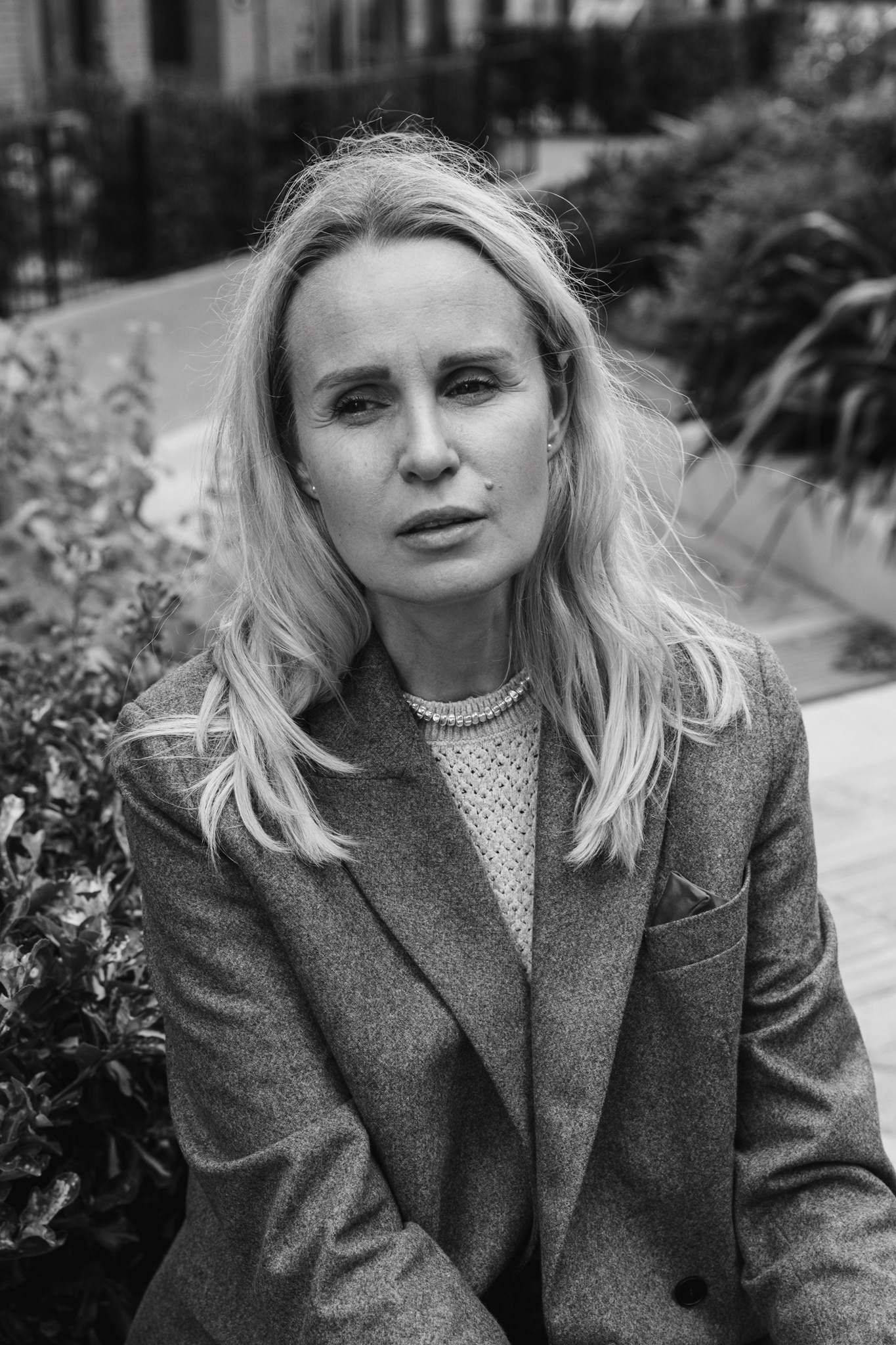
The Turning Point: From "Victim" to "Strong"
While in Serbia, Olga met a young man who became a true "guardian angel" for her. "His son was born that day. So he was on his way from the hospital," Olga remembers warmly. This man, seeing the Ukrainian license plates on her car, offered help and arranged accommodation for them. "It's a very warm story," she says. This unconditional help was a key moment that changed her perception. "They didn't ask who we were, why we were here, what we needed. They just helped intuitively." It was the moment she realized the world still had a capacity to surprise. This encounter became a catalyst for change.
After a month in Serbia, Olga realized the war was dragging on. Her greatest pain was that her children "had their fill of pâté and heard that they were victims of the war." She did not want to feel helpless. It became her personal mission—she desperately wanted to continue providing her children with education and security and to find self-fulfillment through her profession. Olga understood that she had to act, to regain control of her life.
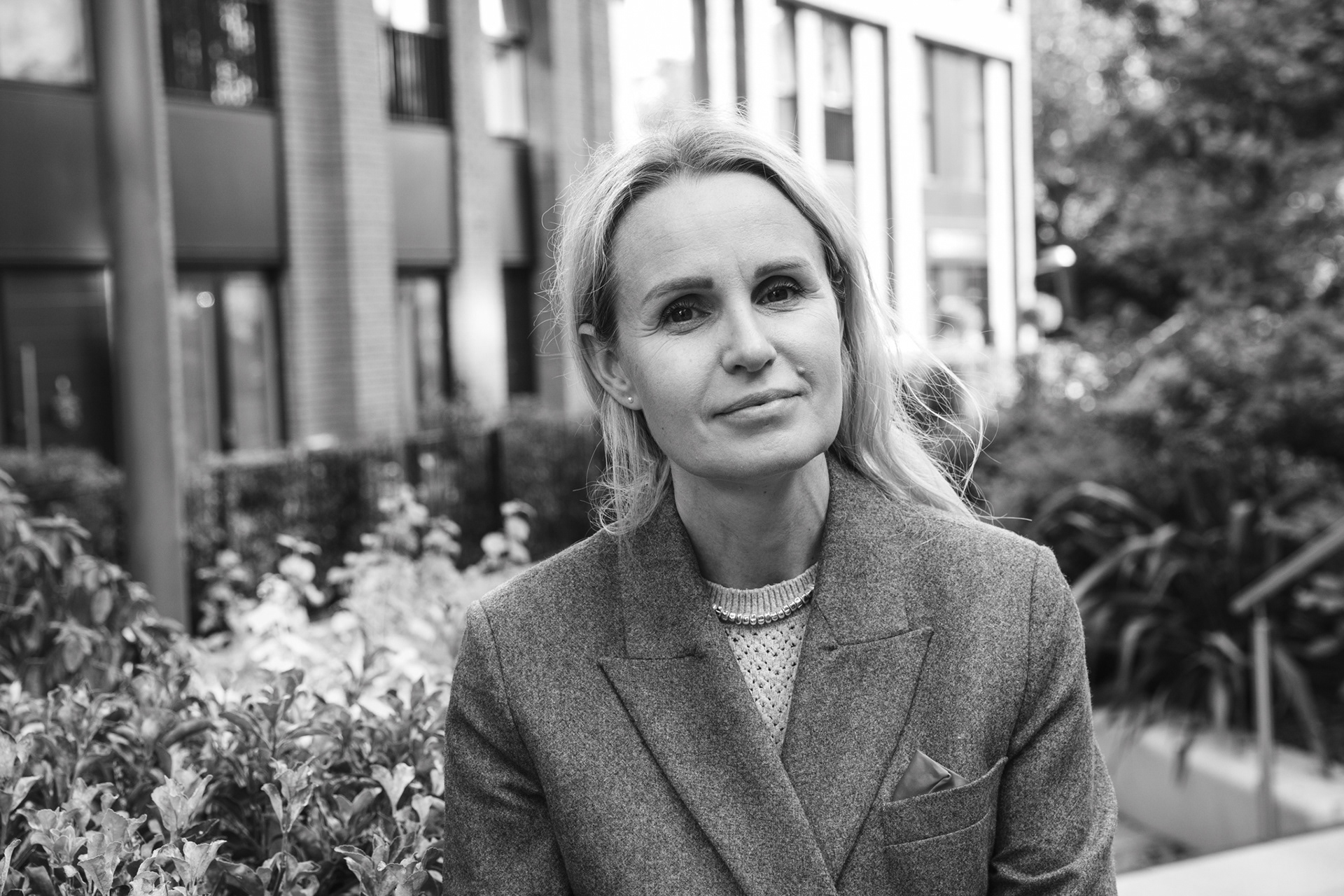
A New Life in a "Place of Power"
After receiving documents to enter the UK, Olga decided to turn the forced journey from Serbia to the UK into a "mini-Euro tour." They traveled through Italy and France, where "we just blended in with the crowd of tourists, without anyone immediately pitying us." This was a moment when Olga felt relief. She saw that her children could be children again, not "victims of war."
Upon arriving in the United Kingdom, Olga and her children received enormous support from a British family who acted as their sponsors. These people provided free housing for 6 months; they didn't offer money but simply became a new family for them. "This is our Ukrainian family," they would say. "That is, we had no other labels except 'Ukrainian family.' That was very important."
Soon after, in the UK, Olga found a job in the environmental sector. The job seemed promising, and the company even paid for her expensive master's program at a university. But as she delved into it, Olga felt that "this is not for me." She realized that although the work was useful, it didn't give her the feeling of home, the solid foundation she had been searching for. With disappointment, but with firm resolve, she made the difficult decision to leave the job and her studies.
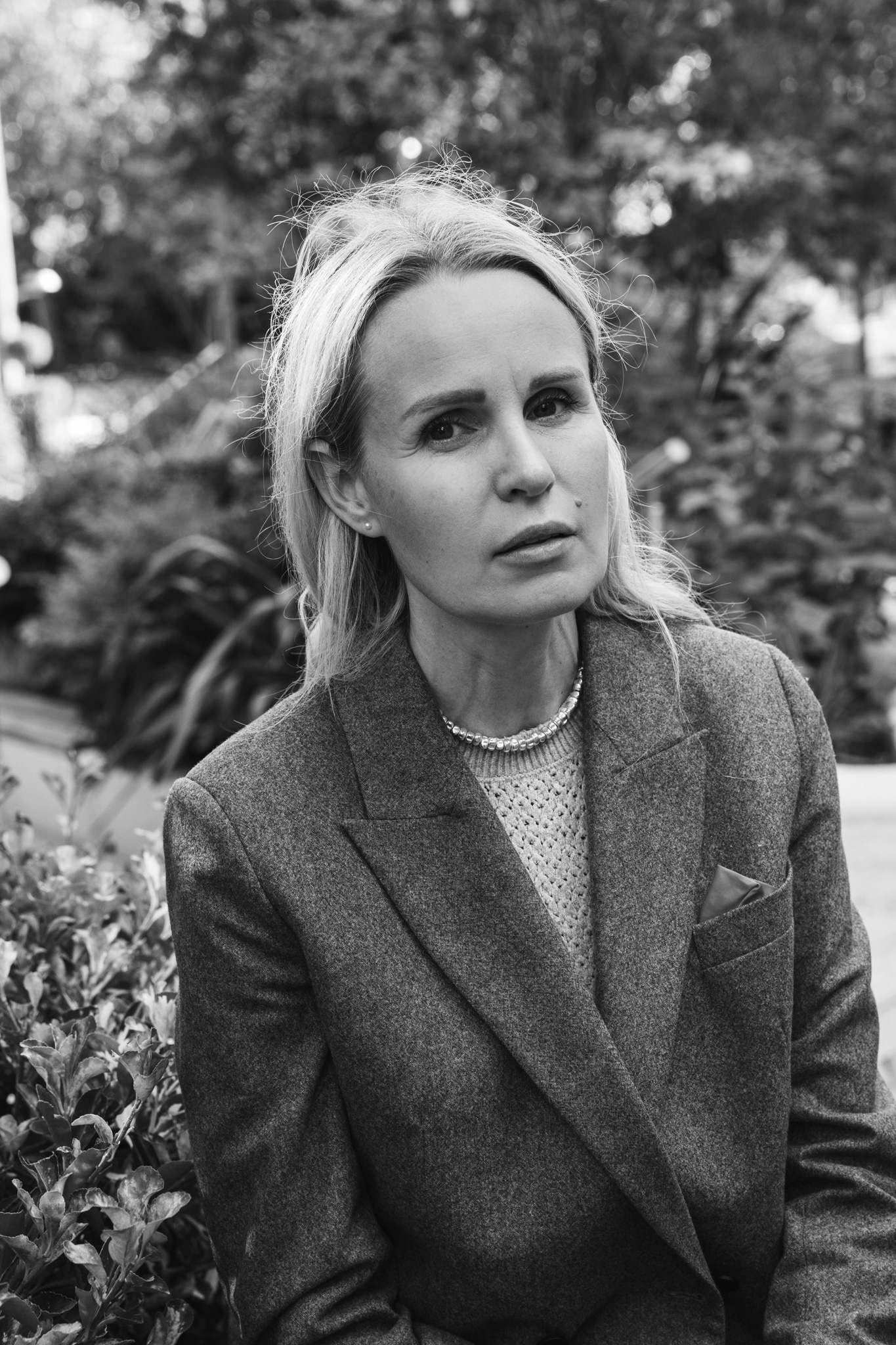
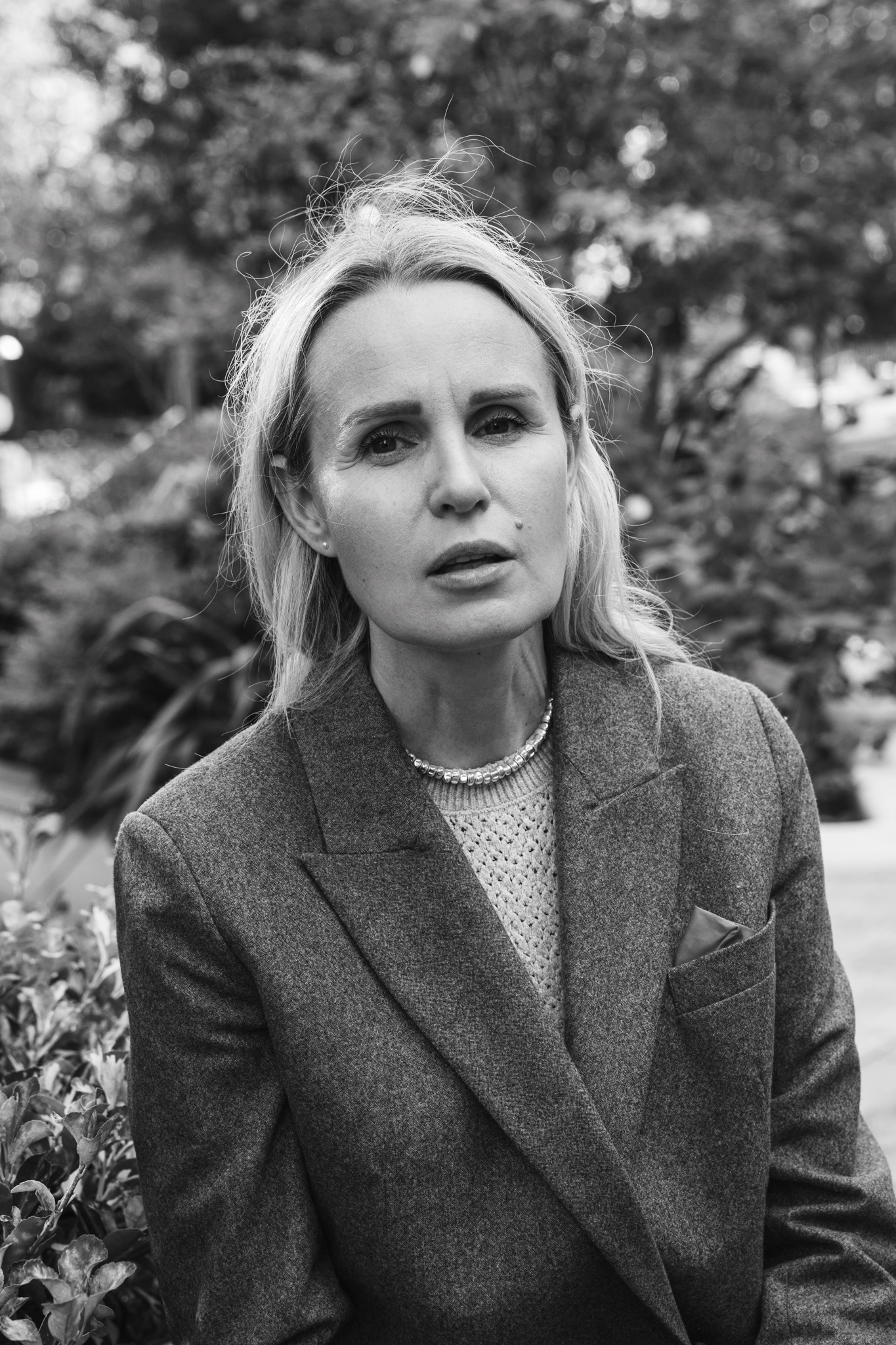
Then she took a step that required great courage and bravery. Olga refused the social financial support offered by the government. She felt it contradicted her desire to be independent and strong. "I didn't want to feel helpless anymore," she recalled, and this phrase became her inner creed. She decided to go back to doing what she did best—education. She started her own business and began helping other Ukrainians, but now in the United Kingdom. She supported herself and her children, feeling the pride and freedom of holding her life in her own hands again.
After she found work, it was time to find a home. She found a house that seemed to be her dream. The house was perfect for her family and had a large garden. However, at that time, she didn't have the sufficient financial history required to sign a long-term lease. Olga didn't give up and wrote a personal letter to the landlord, telling her story, expressing her desire to raise her children in that house, and proposing her own payment terms. The owner was so impressed by her letter that he agreed to Olha's terms. It was a moment when she realized that her confidence and honesty had power.
